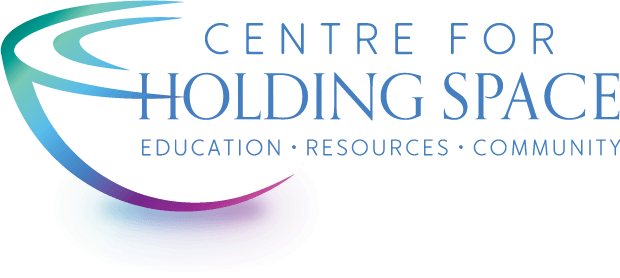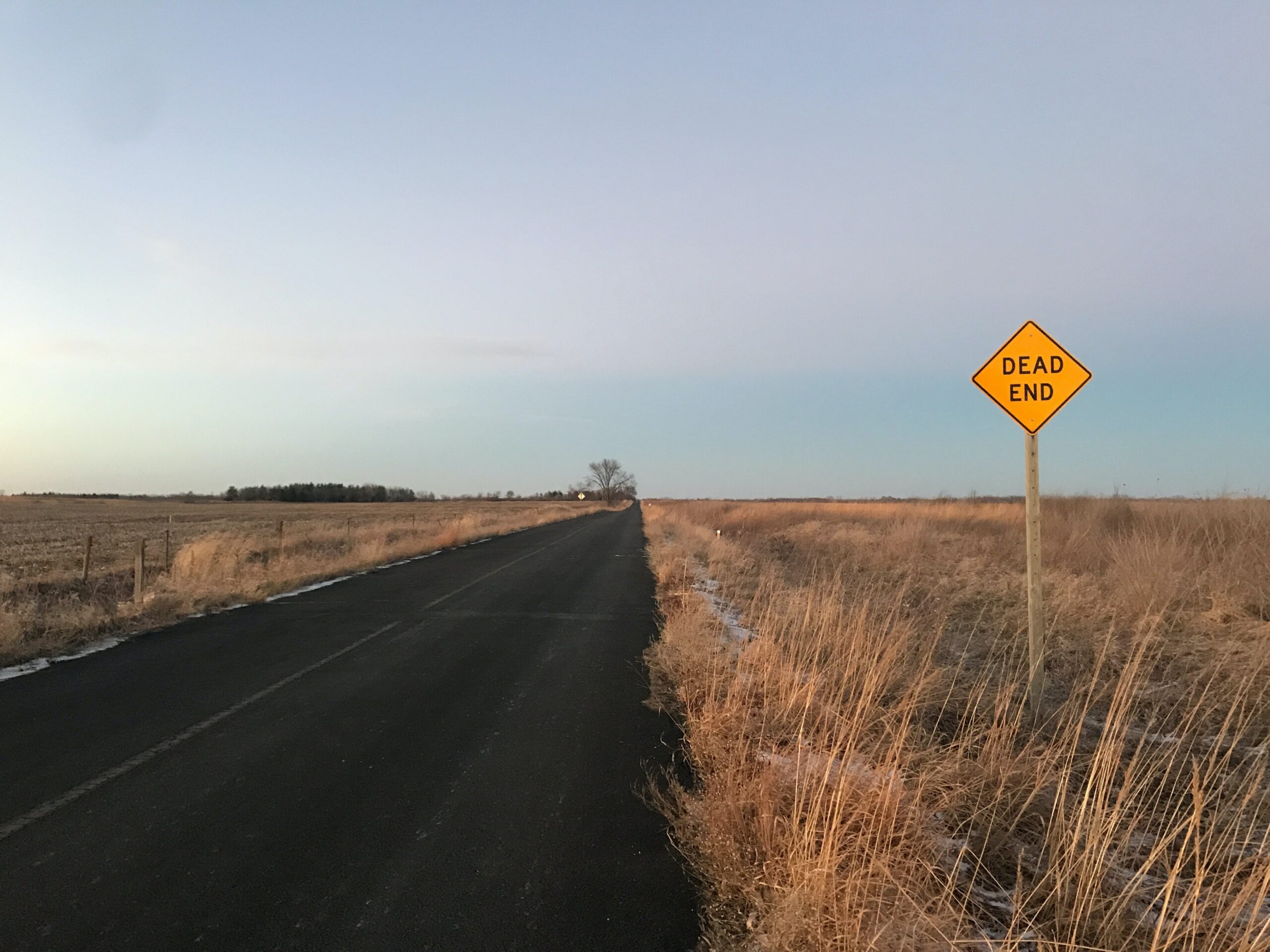Listen to Heather read the post:
I wonder sometimes if I still have hope. Every time I read the news (and those times are becoming fewer and fewer) there are more reasons for despair. We hear dire warnings of what will happen if our global climate increases by yet another degree. All around us, there are more and more massive climate-related catastrophes flooding cities, heating the oceans, and burning up big swaths of forests (and all the homes in those forests). All the while, there seems to be so little political and collective will to make the kinds of real changes that are necessary. Our elected leaders seem increasingly more impotent in the face of it all.
And it’s not just climate change. It’s the way fascism seems to be taking a hold in so many parts of the world. Places like Brazil, Italy, and even here in North America, fascist leaders are being elected and people are celebrating because they believe their lives will be more safe when they’re protected by the biggest bully in the room. They believe that if the “woke liberals” have less power, their worlds will make a little more sense.
More and more frequently, I see people making surprising and confusing choices in their political alignment – choices that seem dangerous to our collective good, especially to those in marginalized populations. I see the ways that the people making these choices are trying to protect themselves and their families, but I can’t help but feel the fear in my own body as I consider the direction our world seems to be heading.
I’ve been reading Naomi Klein’s book Doppelganger, and so far, it’s not helping to settle this foreboding feeling in my body. Klein is an anti-capitalist and climate activist, who’s written books like No Logo and Shock Doctrine to try to reveal to us the shadow sides of capitalism and political power. In Doppelganger, she writes at length about the helplessness and hopelessness she feels when she becomes increasingly mistaken for “Other Naomi”. Her strange doppelganger is Naomi Wolf, whose early writing in books like The Beauty Myth, established her as a well-respected feminist, but who has, in recent years, become much more known for spouting all manner of conspiracy theories and disinformation (especially during the pandemic) and aligning herself with far-right influencers like Steve Bannon.
Klein calls the world in which Bannon and Other Naomi live the Mirror World, where ideas (like her own writing in Shock Doctrine) are twisted, science is irrelevant, and what’s real and true becomes as muddled as the images in a funhouse mirror. This Mirror World is especially destabilizing for Klein, because many people mistakenly think she is contributing to it, and she doesn’t know how to reclaim her identity.
Klein begins to question the value of even her own words when they can be twisted to manipulate people into the opposite behaviour from what she’s long advocated. At one point, for example, she wants to write an article critiquing Bill Gates’ involvement in the privatization of vaccines (and Big Pharma’s ability to capitalize on the pandemic), but she fears that her words will be used to fuel anti-vax conspiracy theories, so she stays silent and feels powerless.
I resonate with Klein’s feelings of helplessness and hopelessness. Sometimes I feel it too – like we are all simply barking into the wind and meanwhile humanity continues on its crash course toward its own destruction.
So yes, sometimes I wonder if I still have hope. And if I no longer have hope, do I still have purpose, especially if the words I write are simply contributing to the noise and not making any real difference?
Years ago, I was in a workshop with Margaret Wheatley when she was asking herself the same questions. Recent oil spills in the Gulf of Mexico were the latest in a long line of things that were making her despair over humanity’s ability to stop the crash course it was on. At the time, I found it a rather alarming question, especially from someone who’d written several books that felt meaningful to me and that I believed were purposeful and hopeful and were contributing to a change in MY world if not the WHOLE world. It destabilized me to hear that someone I’d long looked up to was questioning whether there was any reason for hope (and I empathize, dear reader, if this piece is having the same impact on you).
At that time in her life, Wheatley was looking for a place beyond hope, a place where hope wasn’t what she attached her sense of purpose to. In more than one book since then, she’s written about what it means to carry on doing good work, believing that making a difference for the small circles where you have influence is important even if you don’t have hope for the future of the world.
“My great teachers these days are people who no longer need hope in order to do their work, even though their projects and organizations began with bright, hope-filled dreams. As ‘the blood-dimmed tide’ of greed, fear, and oppression drowns out their voices and washes away their good work, they become more committed to their work, not because it will succeed, but just because it is right for them to be doing it.” – Walk Out, Walk On, by Margaret Wheatley and Deborah Frieze
Wheatley’s words, as much as they destabilized me at the time, had a significant impact on my work from that day forward. I have tried, in everything I do, to be one of those people who has become “more committed to their work, not because it will succeed, but just because it is right for them to be doing it.”
I don’t know if there’s reason for hope. I am not familiar enough with the science to say whether we have enough time to turn things around. I have stood alongside my climate activist daughter at many protests, watching her passionately implore the leaders of the world to stop this crash course, alongside the likes of Greta Thunberg, so I wouldn’t say that I’ve given up hope entirely.
But sometimes I wonder if it’s time to pay more attention to those who are now focused on preparing for collapse. If we can’t fix the damage that humanity has done, perhaps it’s time to prepare ourselves for the consequences of our actions. Perhaps it’s time to resign ourselves to the inevitable. Hunker down, folks, the storm is coming.
Either way, I believe that we would all be wise to prepare ourselves for radical change. As much as those who are clinging to political messages that harken back to what they think were “safer and simpler days” want us to believe that we can close our eyes and pretend that we don’t need to reckon with our actions and either change them dramatically or face disaster on a global scale, it is no longer a choice to pretend that change is not inevitable. Either we find radically different ways of living in a more harmonious, reciprocal, and generative relationship with the natural world we are a part of, or we face the possibility that humanity could be wiped off this planet and nature will go on without us.
Ever since I sat in those conversations with Margaret Wheatley and first began to consider whether or not there was purpose beyond hope, I’ve had a growing awareness that the work I do needs to contribute to equipping people for whatever comes next. That’s one of the reasons why I spend so much time talking about holding space – I believe that this is one of the critical skills that will help us navigate the kind of radical change that’s ahead.
Holding space is a practice that teaches us to let go of the outcome, even when we fear the outcome’s impact on us. It teaches us to stay present even when there is discomfort and distress. It teaches us to have difficult conversations, to navigate challenging emotions, and to stay with people whose nervous systems are activated. It teaches us to ground ourselves when the world feels wobbly and we’re getting knocked off centre. It offers us tools and skills for times of disruption, grief, trauma, conflict, despair, etc.
It’s true that I don’t always have hope that large-scale humanity will stop its self-destructive crash course, but what is also true is that I continue to have hope in humanity at a much smaller scale. I have hope in the people who gather in circles with me to share our fears, our joy, and our ways of navigating this complicated, beautiful world. I have hope in the community that continues to grow around this work of holding space. I hope in the small spaces within which I have influence and relationships. I have hope, and along with that hope comes a great deal of joy.
This is what matters to me, and these are the people I will stand alongside no matter what the future brings. Because the one place I want to be, no matter what changes are ahead, is in a small community of people who are actively committed to facing these changes with grace and courage; people who remember that we are a collective, not only connected to all of humanity, but to all of the natural world.
I will keep doing this work not because it will succeed, but because I believe it is right for us to be doing it.
****
Join me, along with our teaching team, for meaningful conversations about what it means to hold space, even in the face of great disruption, at our How to Hold Space Foundation Program.

